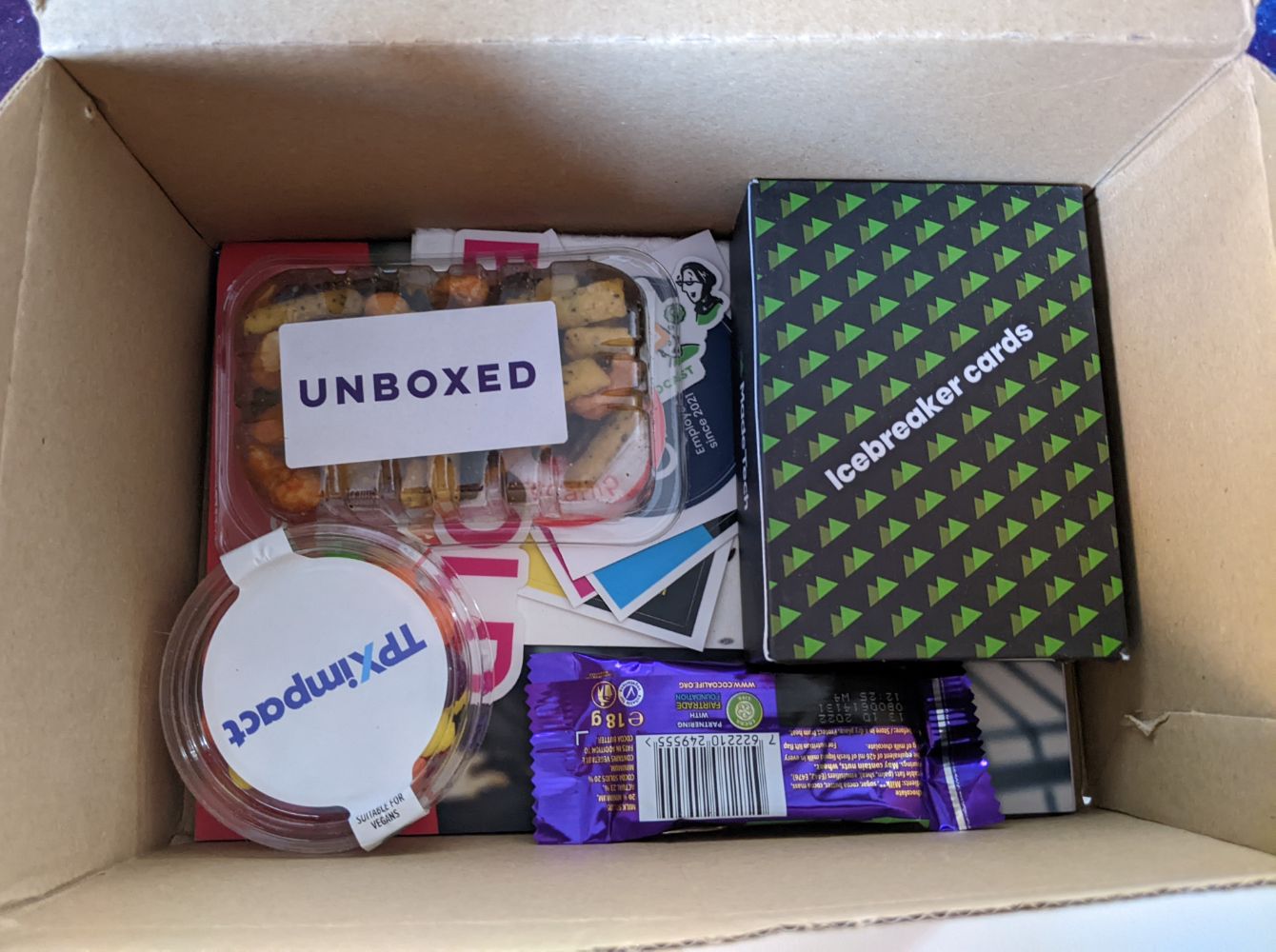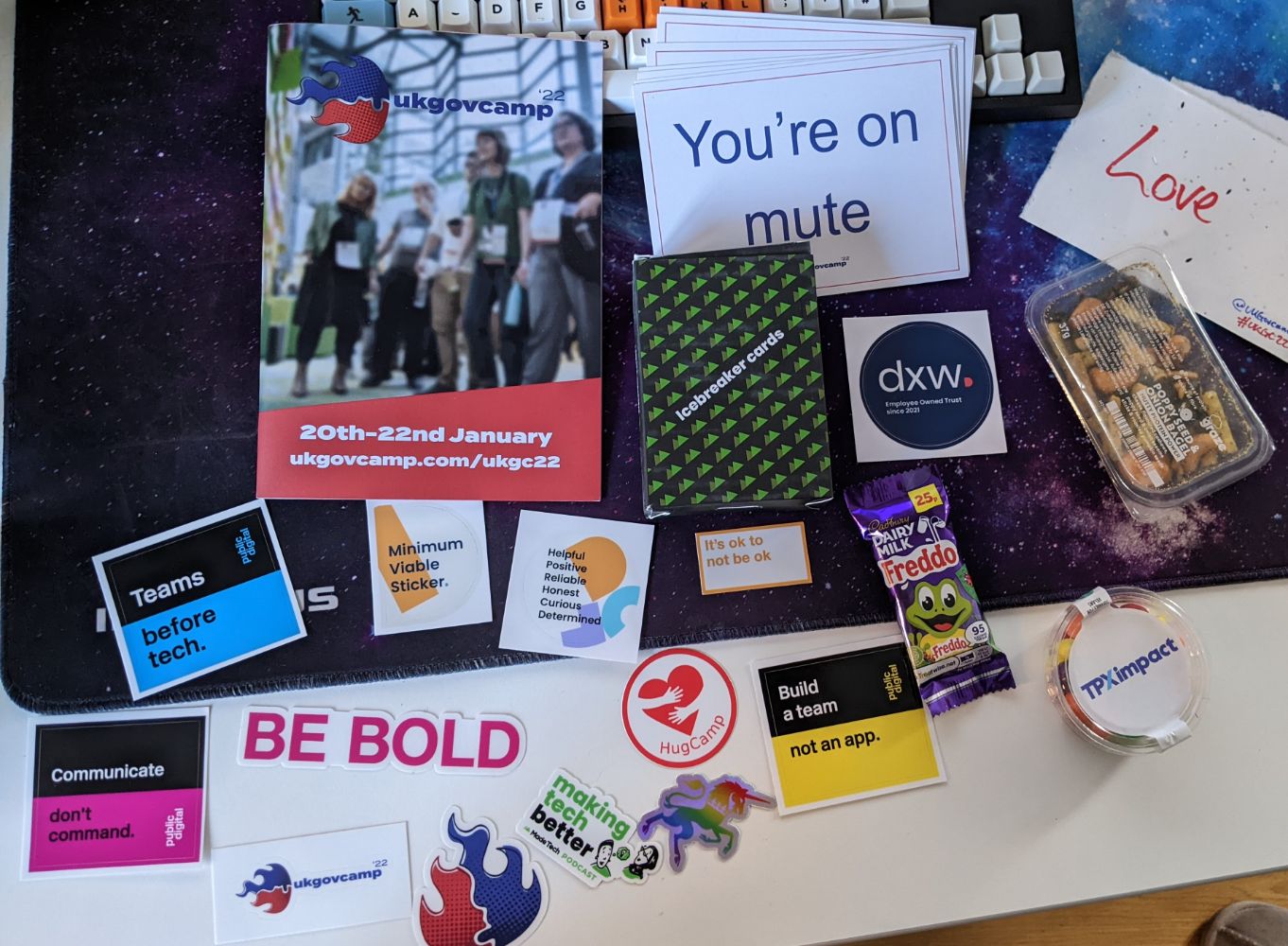Have you got a blog about #Jenkins #JobDsl? Let me know and we can get it added to https://github.com/jenkinsci/job-dsl-plugin/wiki/Talks-and-Blog-Posts, because we see a lot of traffic from it ☺
Appending to a Querystring using Go (1 mins read).
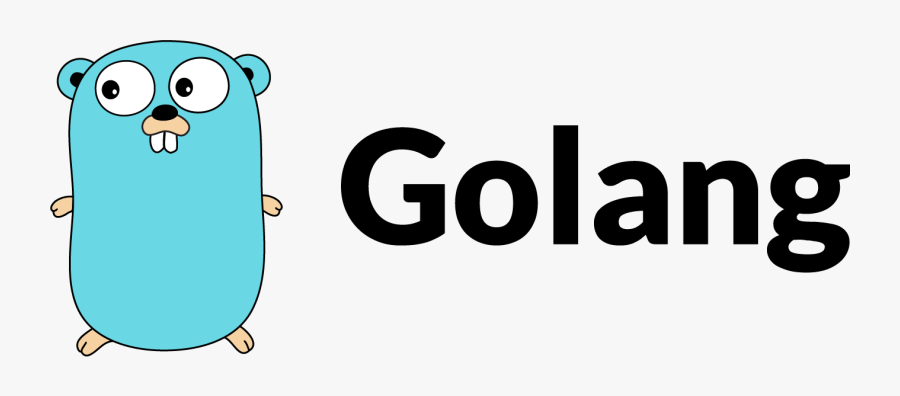
How to append query parameters in a URL in Go.
Don't Just String Append to a Querystring (1 mins read).
Why you shouldn't use concatenate strings together to append to a querystring.
Simplifying Spring (Boot) ExceptionHandlers with ResponseStatus Annotations (2 mins read).

How to use annotations to drive HTTP response codes from a Spring ExceptionHandler.
Use SLF4J, not Log4J, as Your Logging Interface (3 mins read).
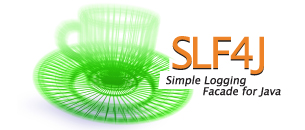
Why we should be using the interface API for logging, rather than the underlying implementation's API.
I will be attending
Using the Facade Pattern to More Easily Test static or Complex Classes (2 mins read).
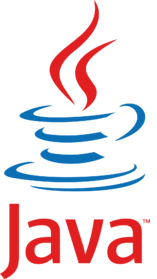
How to use the Facade design pattern to more easily test classes that are more complex than our tests need to understand.
Mocking void methods with Mockito (1 mins read).
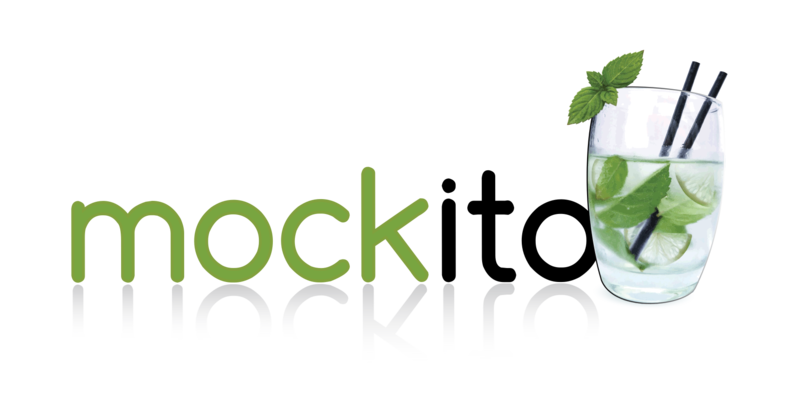
How to Mock a void method with Mockito, for instance to throw an exception.
Thoughts on Social Media Anonymity (4 mins read).
My thoughts on the protection of social media anonymity.
Content Negotiation with Servlet Filter in Spring (Boot) (3 mins read).

How to perform content-negotiation in a Servlet Filter, to serve the correct representation of error to a consumer, based on the Accept header.
I will be attending
Content Negotiation with ControllerAdvice and ExceptionHandlers in Spring (Boot) (5 mins read).

How to perform content-negotiation in a Spring ExceptionHandler, to serve the correct representation of error to a consumer, based on the Accept header.
Error Handling in (Spring) Servlet Filters (2 mins read).

How to return HTTP errors when a Java Servlet fails with Spring (Boot).
Post details
Developers and Open Source authors now have a massive amount of services offering free tiers, but it can be hard to find them all to make informed decisions.

Week Notes 22#02 (4 mins read).
What happened in the week of 2022-01-10?
Post details
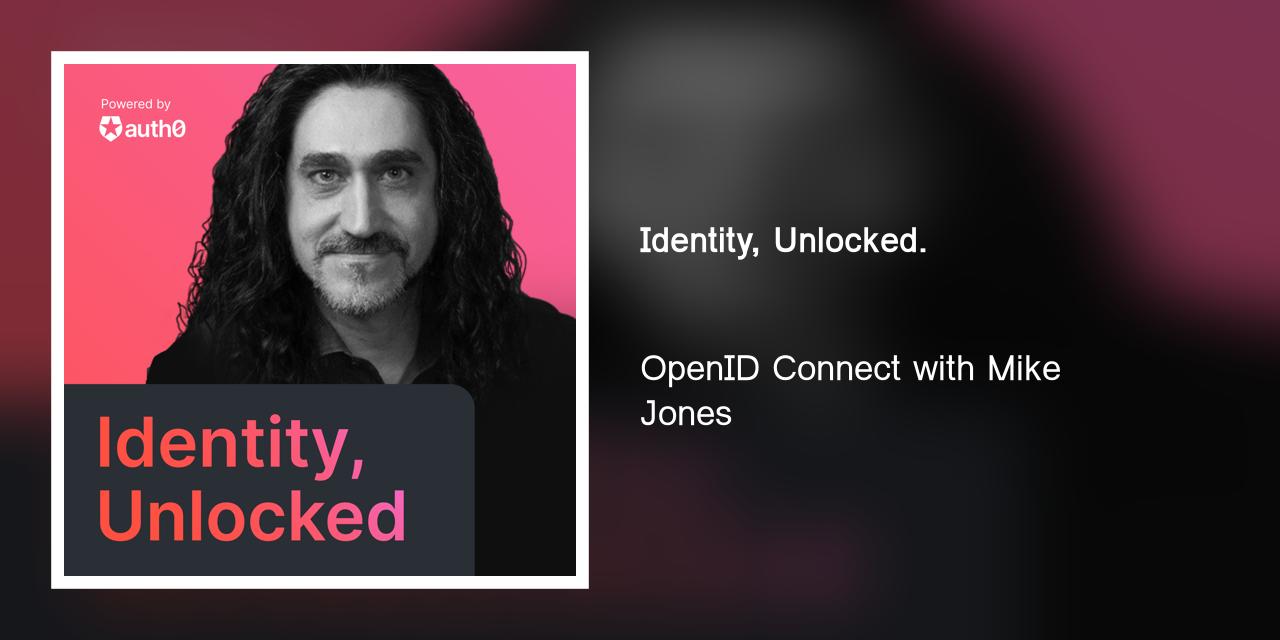
It's been a hell of a week for #TheExpanse - just finished Season 6 and reading Leviathan Falls earlier this week. Feeling a lot of feels, but what an excellent story, and a resolution
Post details
If you’re not actively debugging something in a separate window are you even really attending the meeting?
Laurie (@laurieontech)Thu, 13 Jan 2022 21:45 GMT
This is great for anyone using Actions, as this was seen to be a vulnerability for getting past code review
'Knowing Me, Knowing You': Wiggly ears, custom pizzas and a burst appendix (5 mins read).
A copy of answers to the DSA's 'Knowing Me, Knowing You'.
Announcing uuid, a Java Library for UUID Validation (1 mins read).

Releasing a new library that can be used to validate UUIDs in Java.
Validating UUIDs with Regular Expressions in Java (1 mins read).

How to validate UUIDs and UUIDv4s in Java with a regex.
Auditing with Spring Boot Actuator (9 mins read).

How to use Spring Boot Actuator for your audit and business event logging needs.
Returning a Value, or a Default, From a Java Optional (1 mins read).

How to replace imperative code with a functional style, when returning a default value for a Java Optional.
Post details
 (isbn:9780316332910)
(isbn:9780316332910)Post details
Want to know the secret to blogging more often? Lower your standards! A post which you don't think is ready yet is a LOT better than a giant folder full of drafts that no-one ever gets to see (Your readers won't ever know how good the thing you wanted to write would have been)Simon Willison (@simonw)Wed, 12 Jan 2022 16:23 GMT
Building an Automagically Updating Personal README for GitLab and GitHub (2 mins read).
Announcing the publishing of readme.jvt.me as well as automagically updating READMEs in my GitLab and GitHub profiles.
Post details
Tech friends, I know you have Opinions on this.
Post details
#JournoRequest are you pro or anti social media anonymity? Do you think legislation should make online anonymity a thing o the past or should it be protected? Need comments for an @EachOtherUK feature. DM or email hannah@eachother.org.ukHannah Shewan Stevens (@hannahshewans)Wed, 12 Jan 2022 12:44 GMT
Rachel Morgan-Trimmer (@SparkleClass)Wed, 12 Jan 2022 12:54 GMT
Very excited for this Thursday's PHPMiNDS about How to make digital technology more sustainable from @hanopcon
With the ongoing decline of the climate emergency, as well as the increased usage of cryptocurrencies, there's definitely something to think about in terms of how we improve our impact on this dying world
More details can be found on their website or via Meetup

